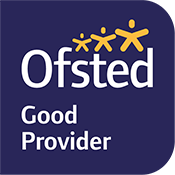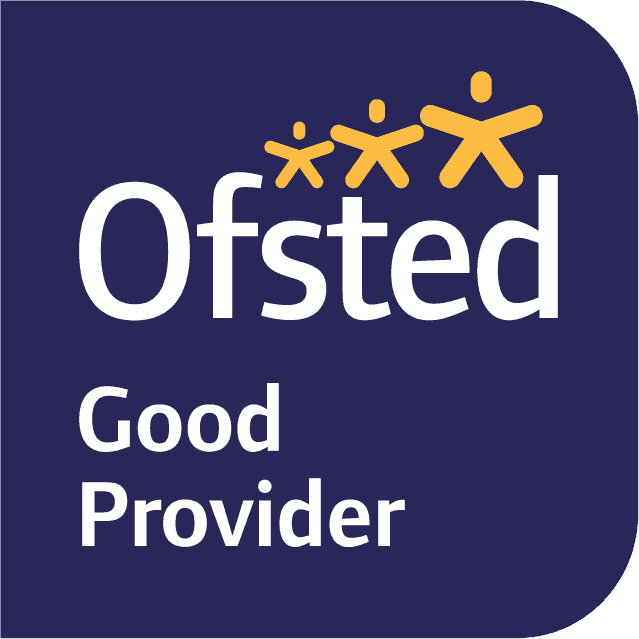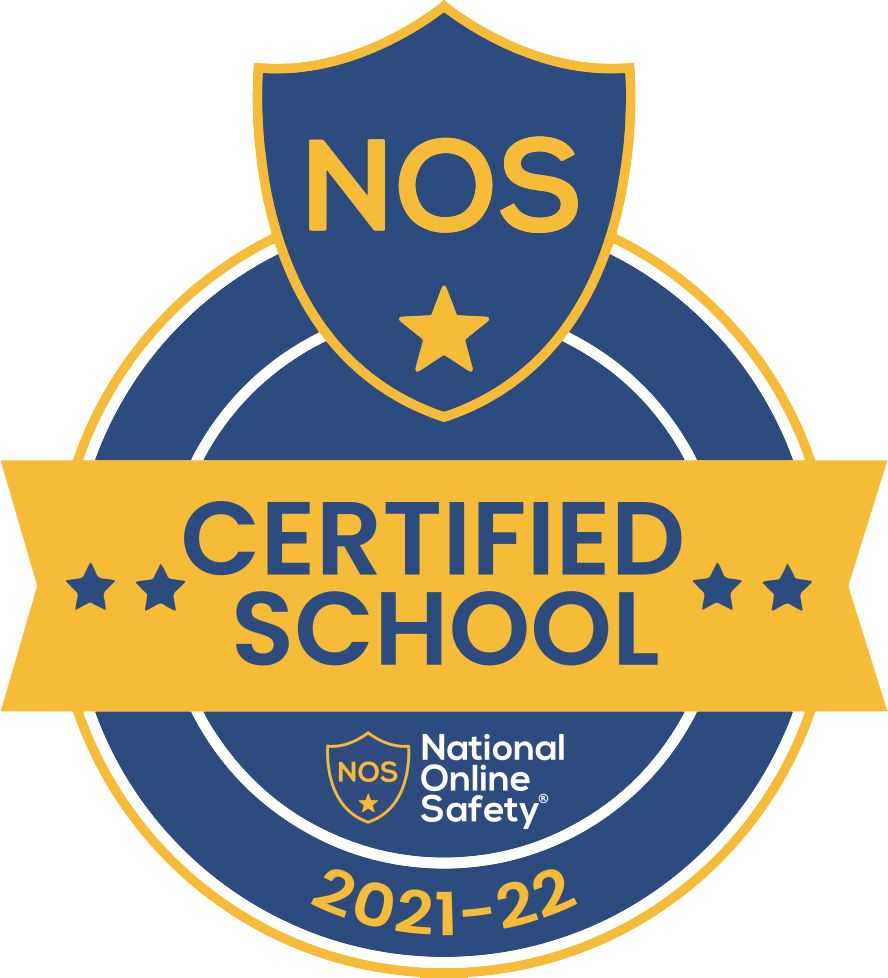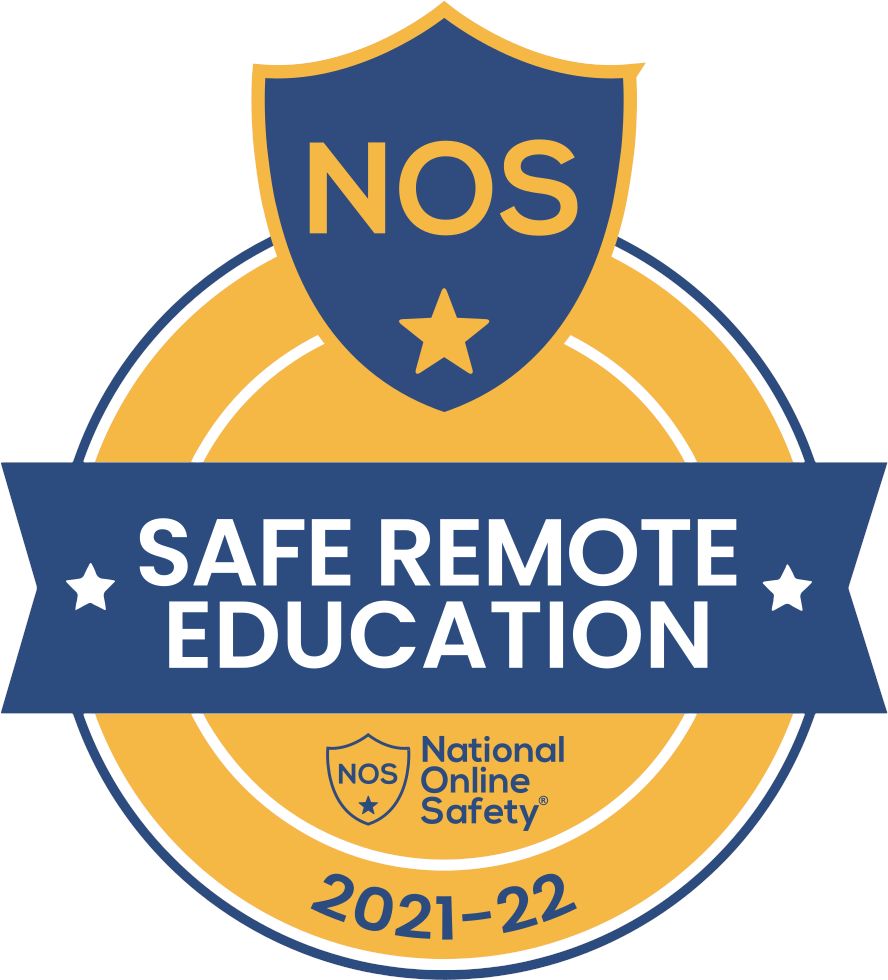Hospitality & Catering
- Aspiration – We expose pupils to the roles and job within the industry in order to raise their aspirations to fulfil these roles. The use of key chefs and their media representations are included with in lessons to enable to understand the huge impact of food in society.
- Core knowledge – Food groups, nutrition, cooking skills techniques equipment, sustainable, health and safety personal hygiene. Healthy eating. – 8 tips.
- Skills –how food impacts our whole life and how it can lead to many job in society e.g dieticians, celebrity chefs, healthy eating )
- Developing cultural capital – Cooking a range of dishes from a wide range of countries, taste. Potential to visit Tresham and the Kingswood Catering. Bake off in lessons.
- Developing character – enabling our students to RISE. In particular developing our Core Values of:
- Respect – Respect for the environment and sourcing ingredient, the kitchen and each other and diets.
- Independence- to be able to plan, prepare and cook food according to customer needs.
- Service- Preparing food for others – open evening, how to eat a meal together at a table.
- Empathy – for their environment and sustainability (carbon foot print) and understanding religious /intolerance and choices
- Identifying and addressing context specific need – Corby has a huge child obesity issue and the average life expectancy is 3 years lower then the national average. Diet and healthy eating choices has been added to KS3 encouraging a healthy relationship with food. 25% of 16-24 yr olds work in the industry and Corby has a large amount of substantial food companies Weetibix, Food processing plants..
- Learning is sequential – learning is carefully planned and sequenced to incrementally build long-term knowledge through spaced recall retrieval activities, developing cross-curricula schema, and preventing cognitive overload
Our intent is comprised of the following 3 sections:
- Our vision for the subject/faculty and the purpose it serves for our pupils
- Defining what the key concepts and core domains of knowledge are, that pupils will learn about
- The end points our curriculum is working towards
- Vision:
The intent of our Food/Hospitality and Catering curriculum is to apply the principles of nutrition and healthy eating, instilling a love of cooking and a good relationship with food in all students. Learning how to cook is a crucial life skill for students now and in later life. Throughout their time at school, we aim to encourage independent learning through practical participation. The department ensures that our students have a wider understanding of environmental impacts on our choice of foods and why there should be more encouragement to buy in season. Our students learn about multicultural foods and experience how different cultural foods influence our everyday food choices. This enables our students to have a clear understanding of different religions and ethical beliefs and how these have influence our western lives. Students also have a clear understanding relating to food choices and the impact on the environment relating to food waste.
There is a strong focus and drive to develop independent learners, promote high standards of academic achievement, through making and evaluating dishes. We believe that all students should be independent enabling our students to develop personal responsibility and self-motivation and to consider the needs of others. This equips our students with the knowledge and cultural capital to succeed in life
- Key domains of knowledge:
At Key Stage 3, learners will experience a broad a rich curriculum comprising:
Year 7 , 8 and 9 : Key Stage 3(years 7-9) includes the National Curriculum for Food programme of study. Students follow a series of practical session in a rotation with other personal development area ie first aid, finance, textiles and here will have develop an understanding on how to apply the principles of a healthy and varied diet following the guidance from the Eat well Guide. Understanding how their choices impact their lives. Students will be able to prepare and cook a wide diversity of predominantly savoury dishes using a range of cooking techniques. Students will be competent in a range of cooking techniques. It also allows for students to work in partnership with their peers in the practical lessons and peer feedback allows for students to develop their confidence within the kitchen environment
At Key Stage 4, learners will study WJEC Vocational Award Hospitality and Catering
Students in Key Stage 4 study over three years undertaking a Vocational Award in Hospitality and Catering the course is split into two units of work.
The Hospitality and Catering industry is one of the biggest employers in the country, employing just under a quarter (24%) of 16 to 24 year olds. The WJEC course provides them with a good knowledge base for their future. This could be studying Food Science or Hospitality Management at university or managing a local hotel, pub or restaurant.
Year 10: Main focus is on preparing them and completing the coursework for Unit 2 60% Hospitality and Catering in Action. This unit is coursework based and assessed internally, students will create a range of dishes. The course is designed to enable students to gain a good foundation of knowledge, understanding and skills that are required by the Hospitality and Catering industry. Unit 1 is then taught after Easter. Topics include:
• Front of house and kitchen operations.
• The needs and requirements of customers.
Year 11: Pupils will complete the exam component and thus retrieve knowledge from year 9 and 10 while developing further knowledge around the legal aspects of Health and safety. Topics include :
• What makes hospitality and catering business successful.
• Issues related to nutrition and food safety
Pupils will have the opportunity to resit Unit 2 if needed but with a new brief from Jan to April.
End Points
By the end of Year 7 and 8 practical cooking lessons pupils will be able to : Plan, prepare, cook independently a variety of nutritional accessible dishes, in a safe and hygienic manner that are suitable for real life. Mainly savoury low Salt and Sugar options are selected with recognition of portion control.
In year 7 - Show: Basic weighing and measuring skills along with basic knife skills – e.g making fruit salads, bagel pizza. Chopping and grating skill development.
Progressing to mixing rubbing in, dough making. Introduce herbs and spices, weighing and measure
Know: Cleaning methods and expectations for hygiene.
In year 8 – Show refinement and more diverse application of basic skills. Development through more difficult recipes e.g pastry, chick pea curries
Know the ways to present and produce meals for different diets and needs.
In year 9
Show improved skills for handling and making sauces with the skills needed for using the hob.
Know and show more independence in cleaning and hygiene routines to go with the skill of timing and sharing in a busy kitchen.
Year 9 Voc Rotation projects:
Aspects of food are also taught within the Vocational units in the Personal Development rotation. Aspects of nutrition, labelling and seasonality are taught.
Key stage 4
Year 10 Show independence in the kitchen and be able to select, plan, make and serve recipes that match the needs and preferences of different groups. be able to link these too usage by different groups in society. Show practical skills have been further developed and refined as needed for Unit 2 in Hospitality and catering course and general life. Skills include seasoning and reading recipes, preparing more complex meals e.g shepherds pie and the introduction of desert recipes.
Know the effects of cooking methods on food and its nutritional content while also linking food to certain market groups.
Year 11 Show complete independence in selection, planning, preparation and serving of own recipes matched to specific groups.
Know the components of the hospitality and catering industry and define its user groups and expectations. Know the role and influence of the Health and Safety officers within the industry and their impact on successful business.
Assessment
KS3: All students are assessed through the unit of practical work and summative at the end of each practical block. These are in form of teacher observation (with feedback), Q and A , peer and self-assessment.
KS4: Students are assessed once termly in practical and once theory. They also take PPEs (pre public exams (mock exams) in both the theory and exam.
All students complete each section of the components of each unit. Each component is marked to the exam board criteria, either internally or externally, unit depending.







